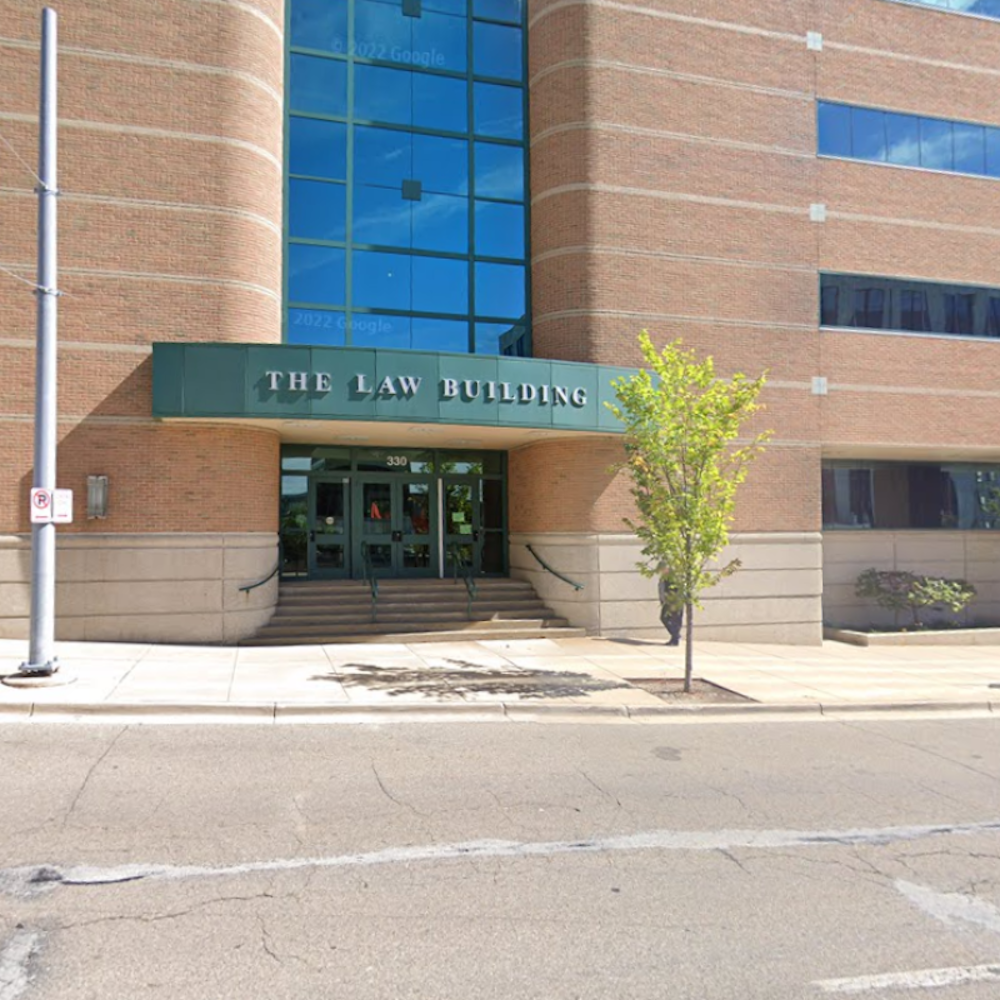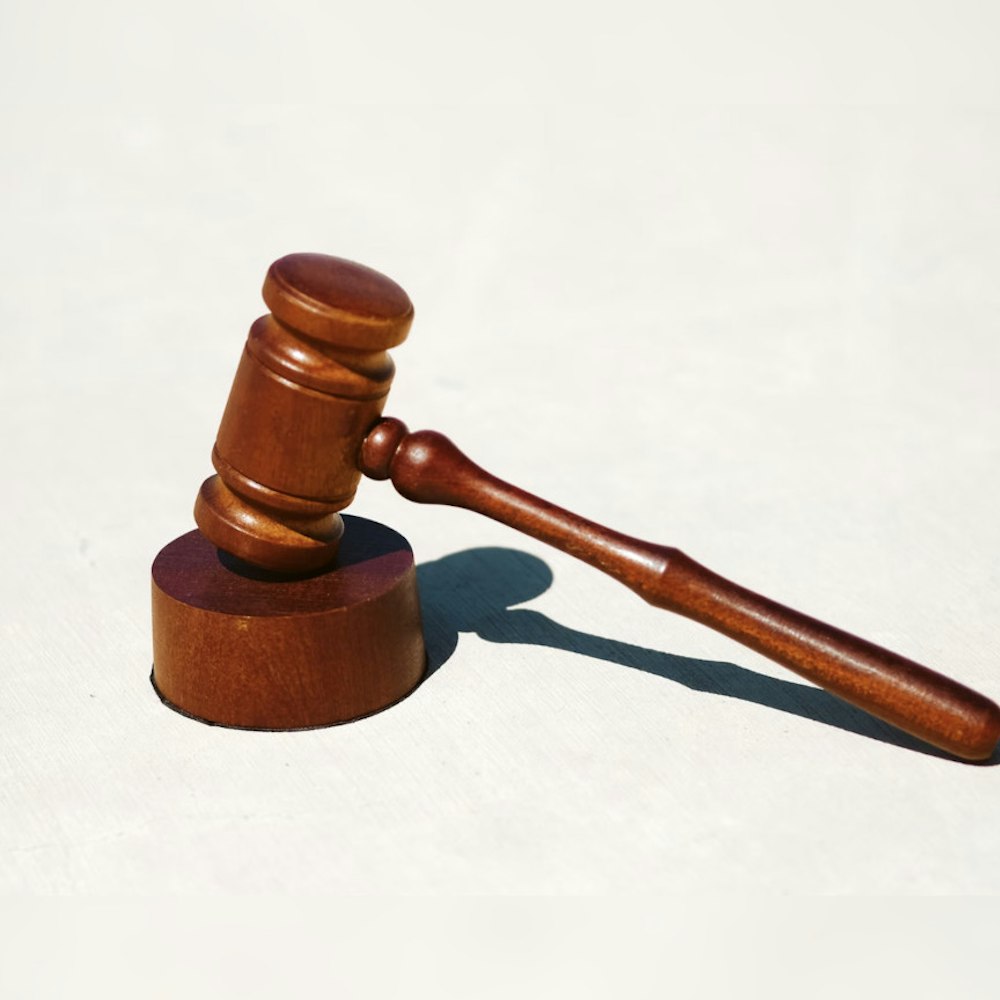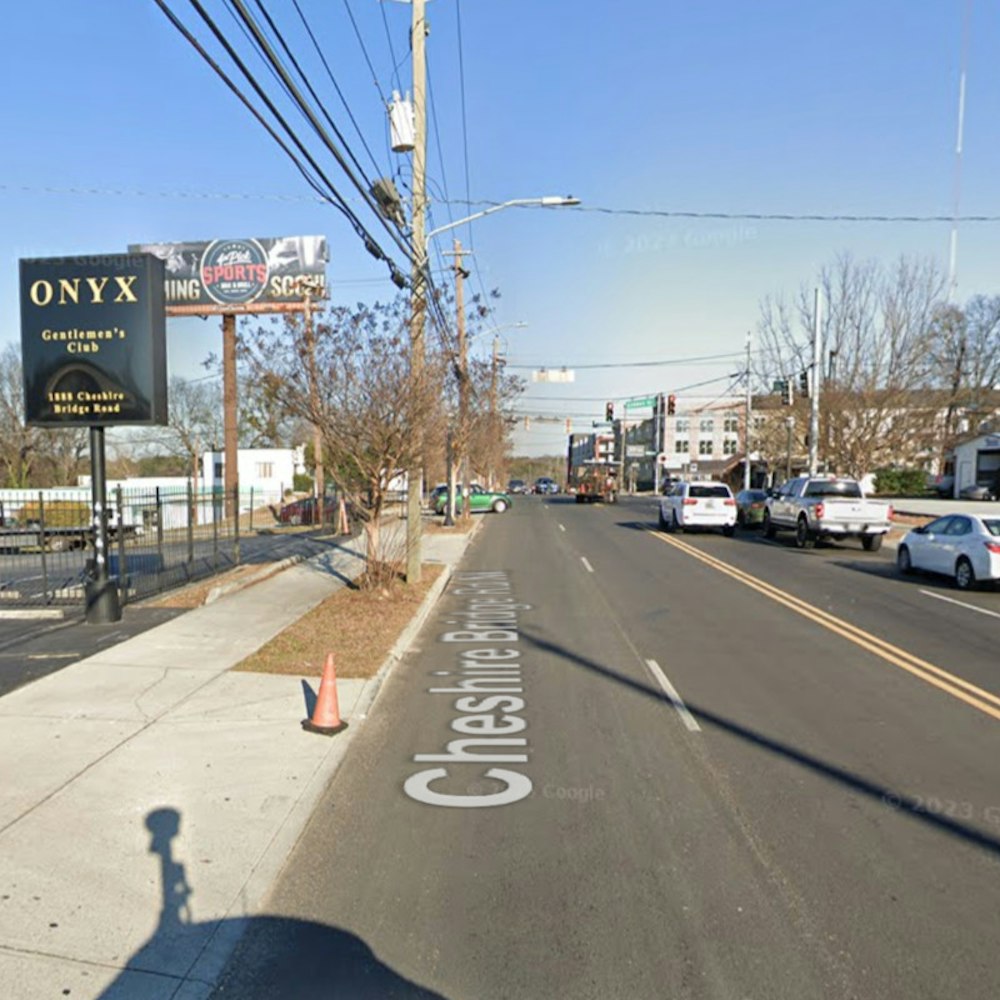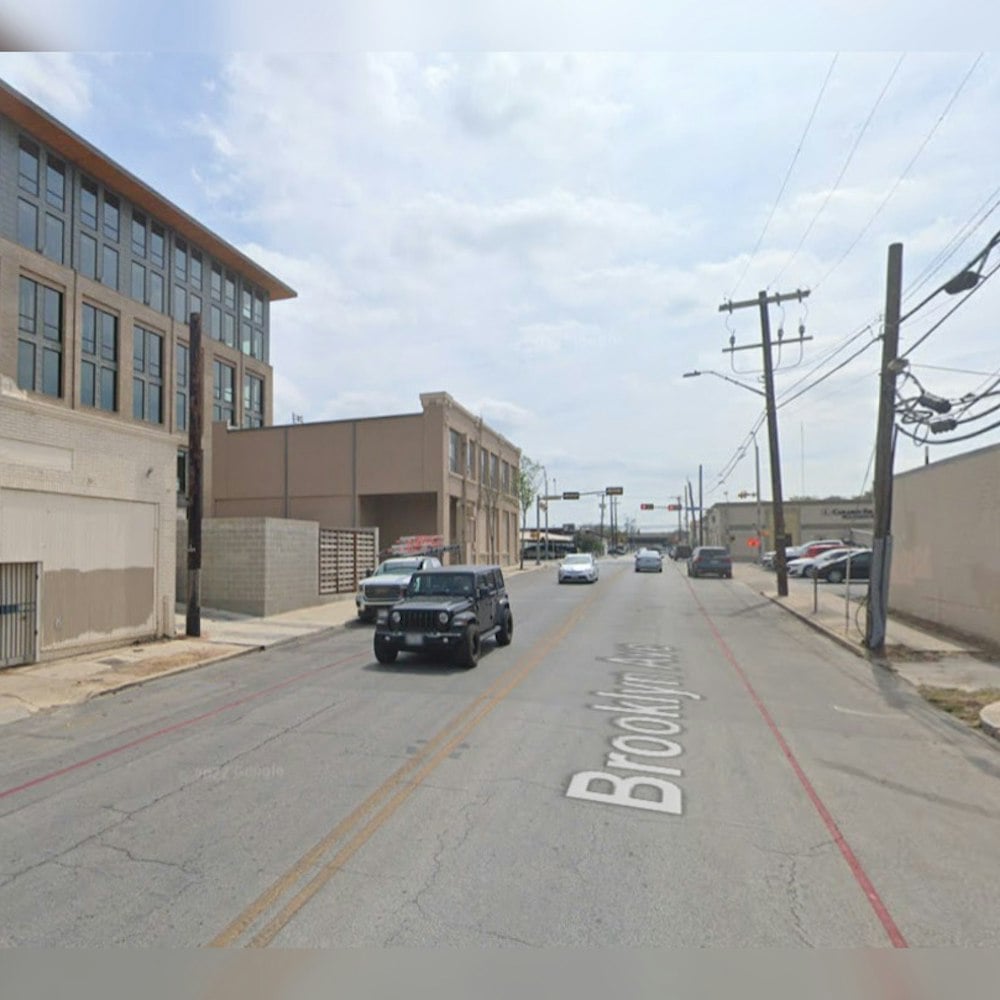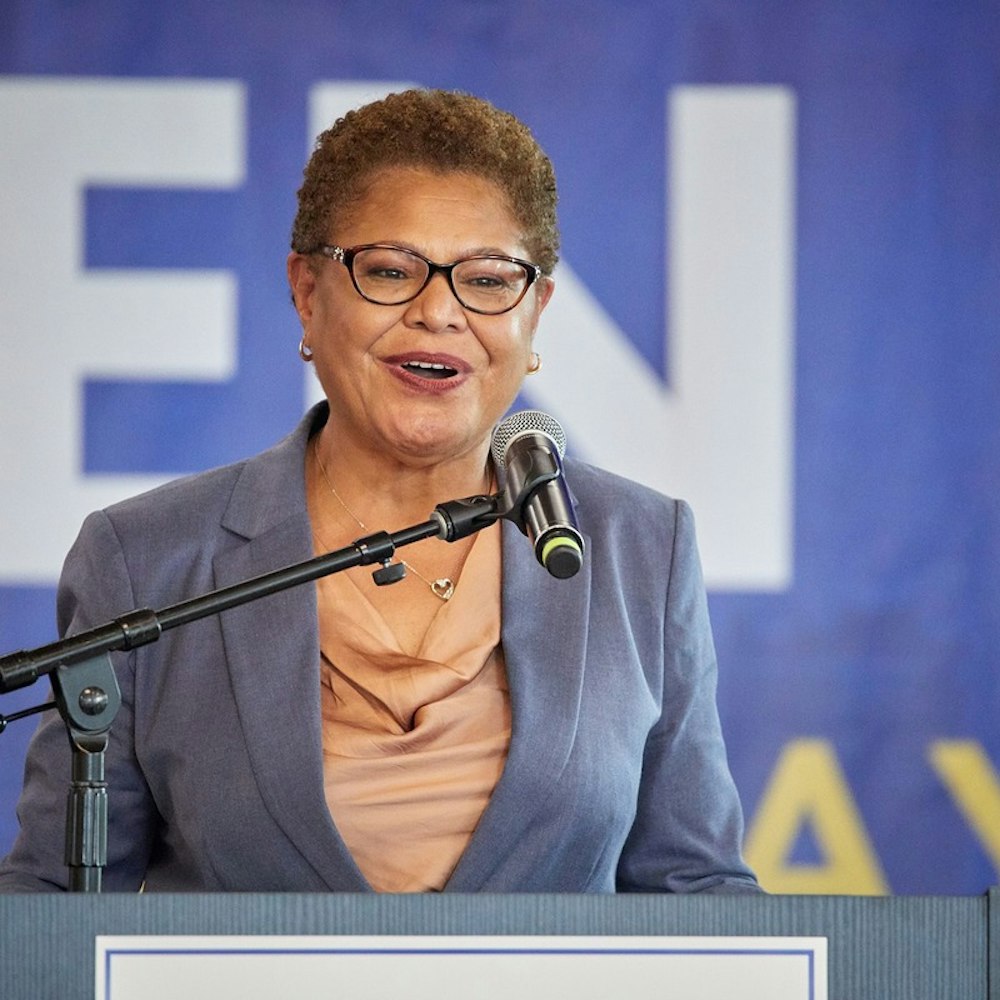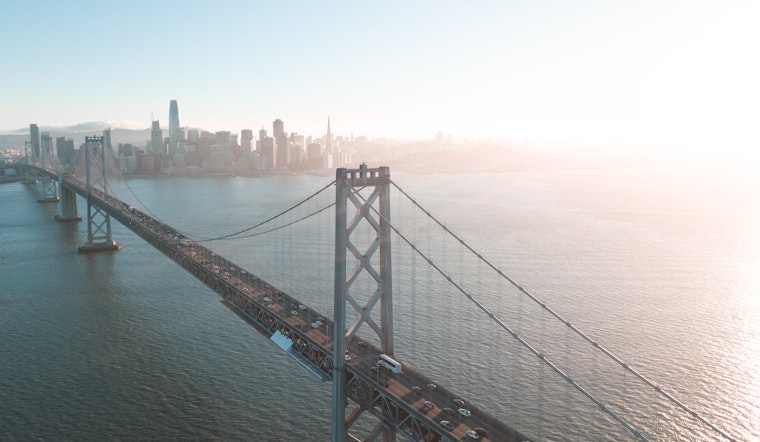
In a dramatic move to save the sinking transit agencies, Bay Area lawmakers propose a $1.50 toll hike on seven state-owned bridges, leaving drivers to bear the burden of bailing out the struggling BART and other transit services via The Mercury News. For a period of five years, the total toll for two-axle vehicles crossing these bridges could soar to a hefty $8.50.
This proposal comes amid optimism that Governor Gavin Newsom will accept basic terms of a short-term transit bailout in the upcoming budget, expected to be finalized this week. State Sen. Scott Wiener, D-San Francisco, at the forefront of this initiative, emphasized the paramount importance of robust transit for the Bay Area's future, urging the need to prevent transit agencies from falling apartas reported by The San Francisco Chronicle.
The bridge toll increase would apply to seven state-owned toll bridges managed by the Bay Area Toll Authority, namely San Francisco-Oakland Bay Bridge, San Mateo-Hayward Bridge, Richmond-San Rafael Bridge, Dumbarton Bridge, Carquinez Bridge, Benicia-Martinez Bridge, and Antioch Bridge. However, the toll hike will not apply to the Bay Area's most picturesque structure, the Golden Gate Bridge, managed separately by the Golden Gate Bridge, Highway and Transportation District.
Transit agencies face a financial chasm due to declining revenues and depleted ridership following the COVID-19 pandemic lockdowns. To avoid collapse, these agencies warned of cataclysmic cuts, including running trains only once an hour, reducing weekend services, closing stations, and even shutting down some lines.
Governor Gavin Newsom proposed a 2023-2024 state budget that could potentially cut $2 billion in transportation infrastructure funding due to a projected $31.5 billion deficit in the upcoming year. The proposed legislative budget bailout, however, could restore $2 billion in transportation infrastructure funding and provide local transportation authorities with discretion to pay for transit operations.
The combined shortfall for transit agencies in the Bay Area over the next five years could be as high as $2.5 billion. The budget bailout, along with Sen. Wiener's toll increase proposal, aims to provide short-term funding as lawmakers consider a potential long-term solution via a ballot measure in 2026.
While local transit advocates stress the importance of maintaining vital public service, detractors argue that this temporary bailout puts undue pressure on drivers and taxpayers as Bay Area's cost of living continues to spiral.
With around $1 billion in combined shortfalls still looming over Bay Area transit agencies, will this proposed toll hike and budget bailout offer a brighter future for the region's transportation infrastructure? If approved, drivers will need to brace themselves for a bumpy ride as they shoulder the responsibility of keeping public transit afloat, and authorities explore sustainable long-term solutions that might keep the Bay Area transit system chugging along.
